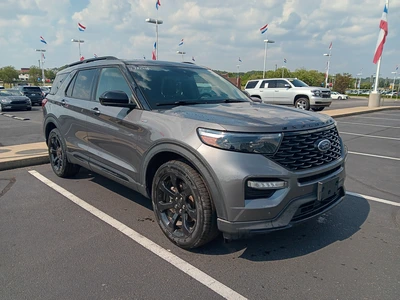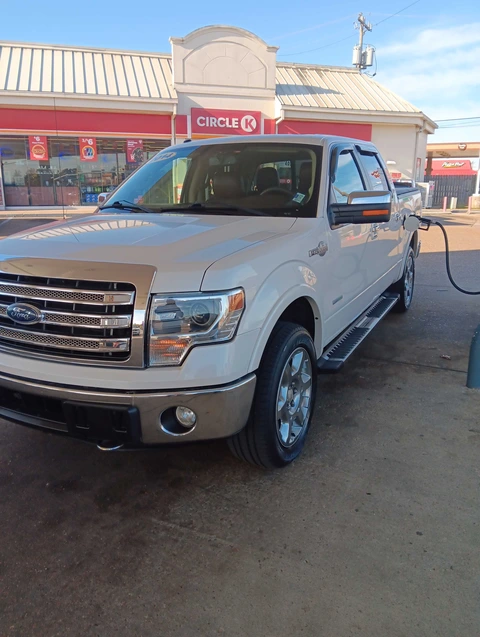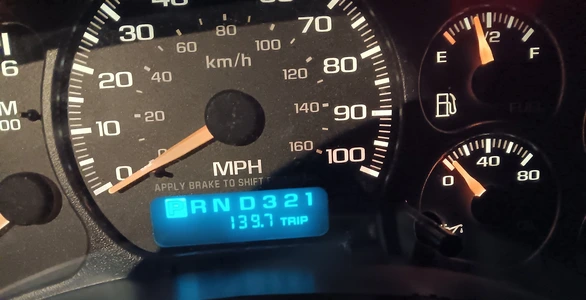The COVID-19 pandemic has had a significant impact on various industries, including the automotive market. As the world gradually recovers and adapts to the new normal, the car market is experiencing unique dynamics. Both buyers and sellers need to understand and navigate these changes to make informed decisions. In this article, we will provide crucial insights for buyers and sellers on how to navigate the post-pandemic car market.
Changing Demand and Supply:
Buyers: Understand that the demand for certain types of vehicles may have shifted due to changing priorities. Increased remote work options and a focus on personal safety have led to a surge in demand for used cars, smaller and fuel-efficient vehicles, and those equipped with advanced safety features.
Sellers: Adapt your inventory to meet the changing demand by offering a diverse range of vehicles, including fuel-efficient models and cars with advanced safety technologies.
Digital Transformation:
Buyers: Embrace online car shopping platforms, virtual showrooms, and contactless transactions. Research and compare vehicles online, schedule virtual consultations, and leverage technology to streamline the buying process.
Sellers: Establish a strong online presence, optimize your website for search engines, and invest in user-friendly interfaces and virtual tools to attract and engage potential buyers.
Supply Chain Challenges:
Buyers: Be prepared for potential delays in vehicle availability due to global supply chain disruptions. Plan ahead and consider alternative options or pre-ordering if you have specific requirements.
Sellers: Stay informed about supply chain issues and communicate transparently with customers. Manage their expectations regarding delivery timelines and keep them updated on any potential delays.
Pricing and Negotiations:
Buyers: Research current market prices and use online tools to compare prices and negotiate effectively. Be aware that market fluctuations and supply chain disruptions may impact vehicle pricing.
Sellers: Stay updated with market trends and competitive pricing to ensure your pricing strategy remains attractive. Be open to negotiation and consider offering incentives or discounts to attract buyers.
Vehicle History and Maintenance:
Buyers: Conduct thorough vehicle history checks, including maintenance records and accident reports. Consider getting a professional inspection to uncover any potential issues.
Sellers: Maintain detailed service records and provide transparent information about the vehicle's history. Address any maintenance concerns proactively to instill confidence in potential buyers.
The post-pandemic car market presents unique challenges and opportunities for both buyers and sellers. By understanding and adapting to the changing dynamics, buyers can make informed decisions while sellers can position themselves to meet customer demands effectively.
I would love to assist you with your next car purchase.
Cameron Rowland
(901) 302-0422
Homer Skelton Ford












